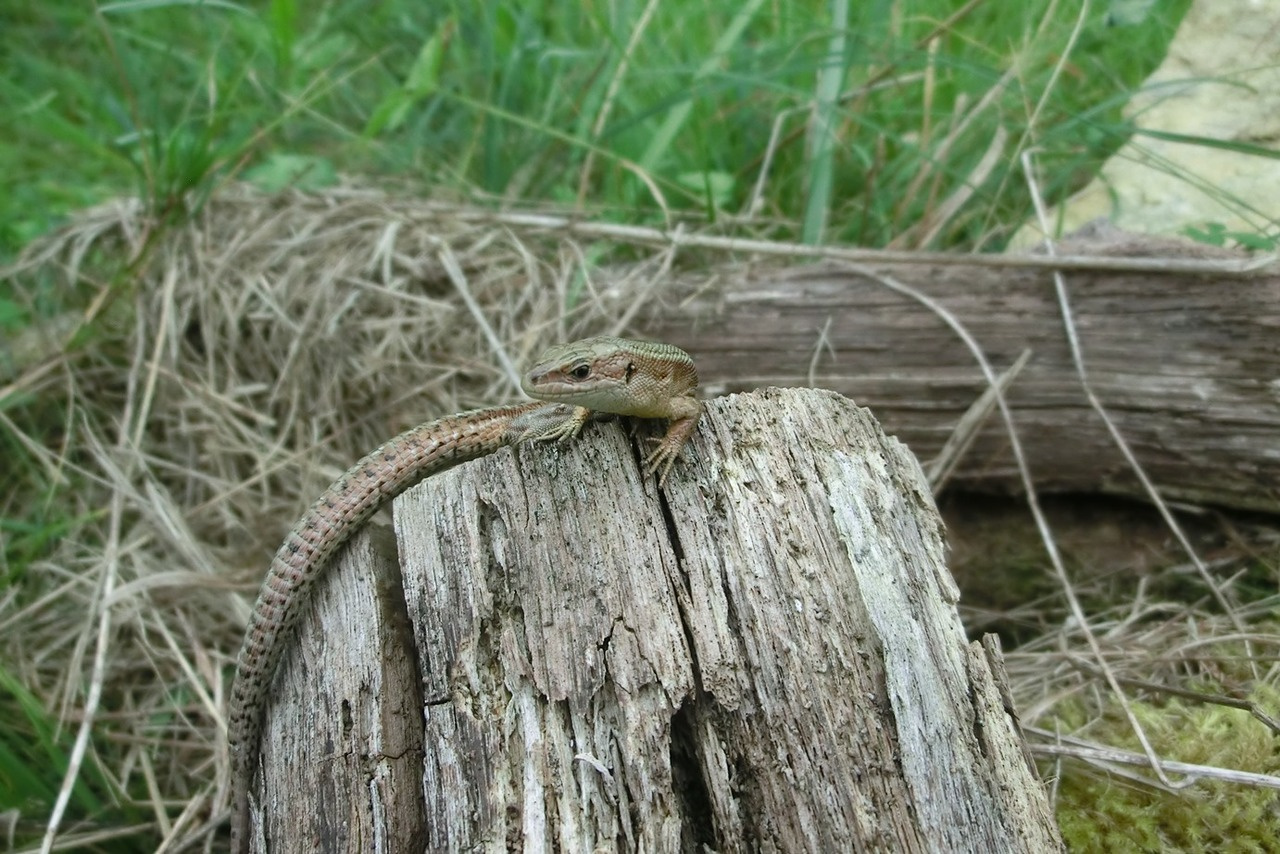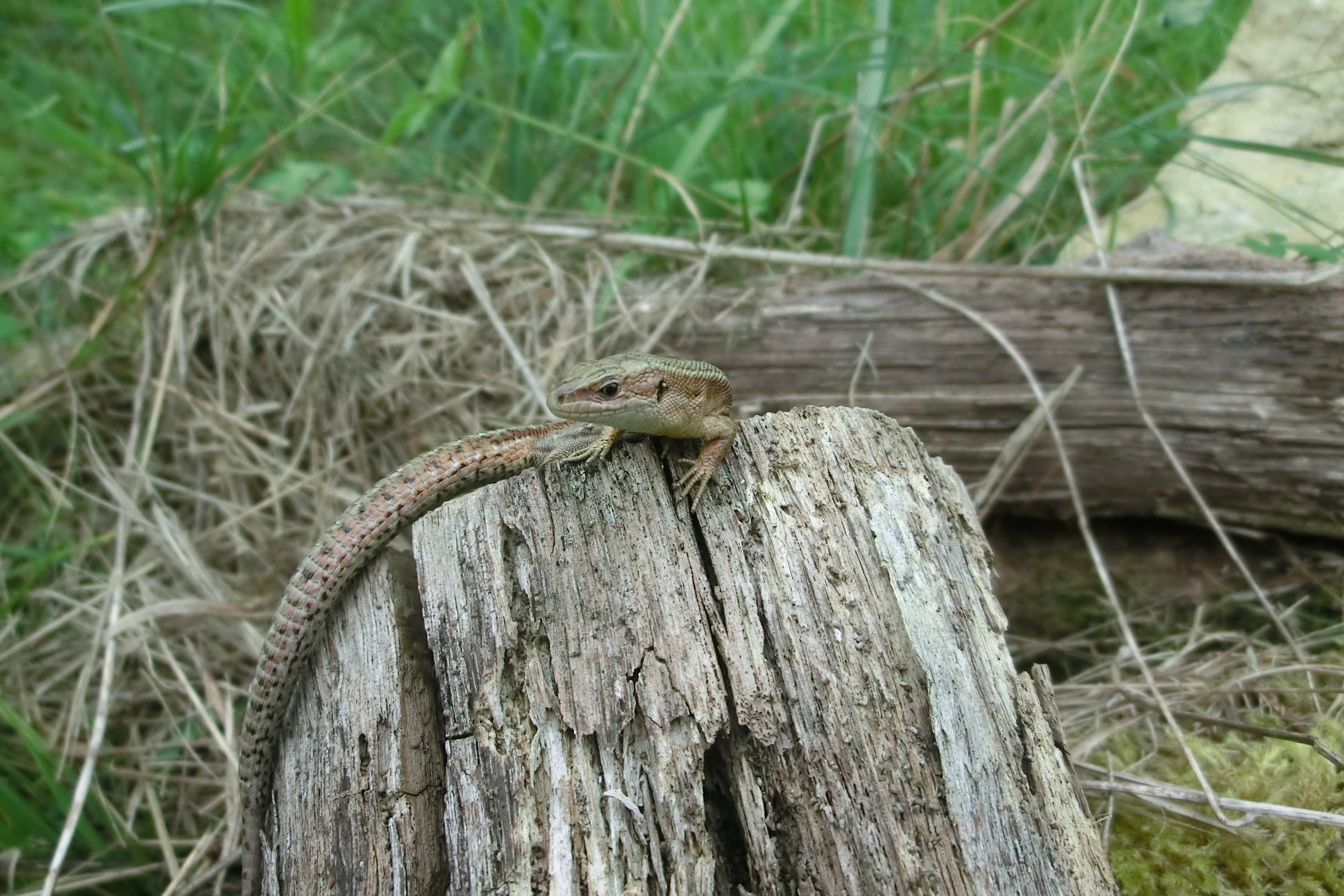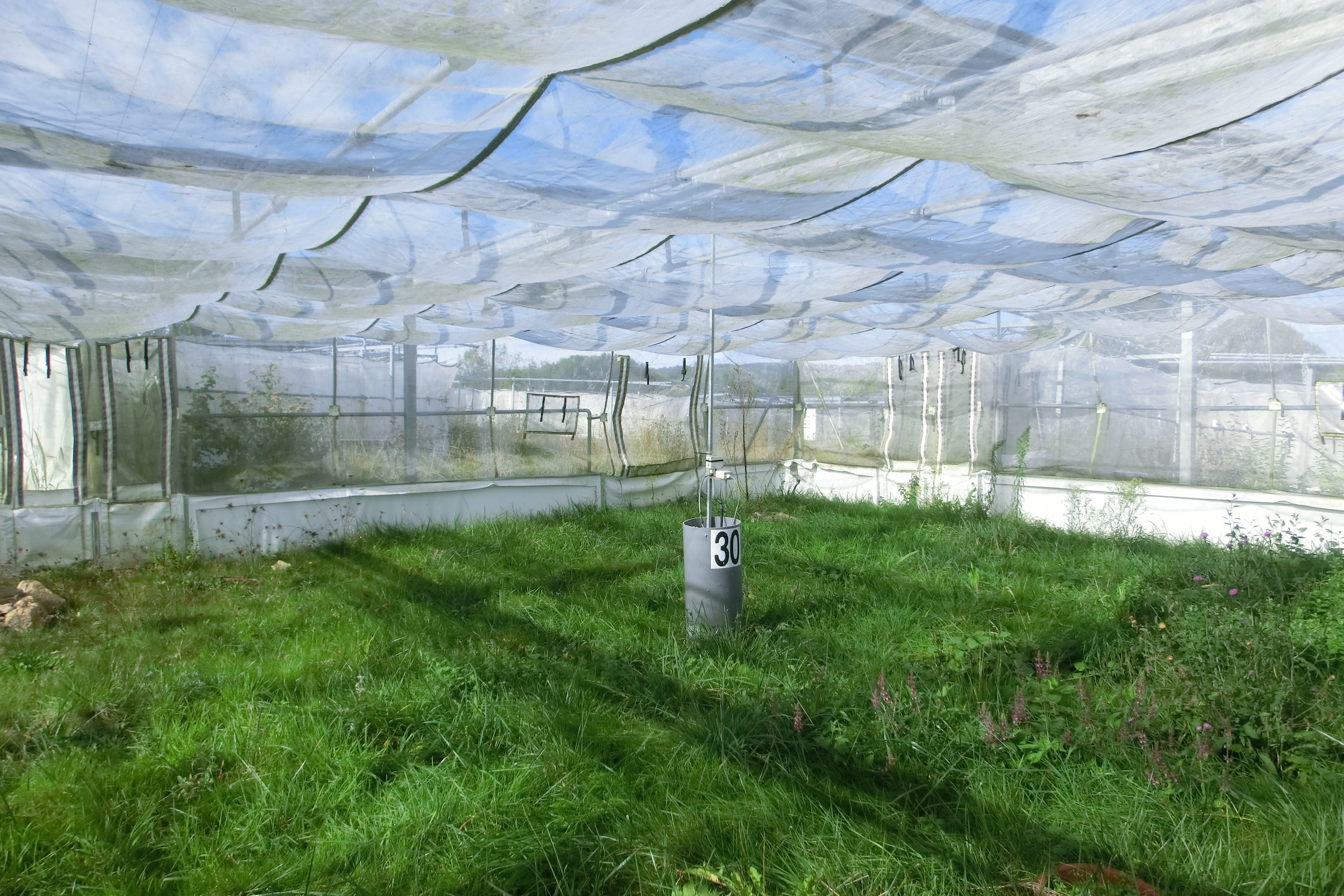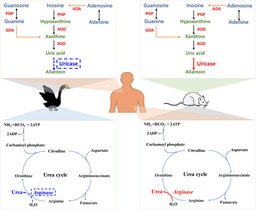Should we eat more yoghurt when it gets warm? In the case of lizards at least, climate change decreases gut microbiota diversity
Published in Ecology & Evolution

The gut is the latest health craze. Recent research has bolstered our understanding of the multiple effects of microbes inhabiting our guts, affecting our digestion, our general health and even our personality. Scientist blame for example obesity crisis on our gut microbiota. Magazines tell you how to please it, yoghurt brands sell you the latest revolutionary probiotic to reinforce our guts, and we even talk about faecal transplants to keep ourselves healthy. But what about non-human animals? Quite unsurprisingly, it turns out gut microbes are important for them too. On top of its digestive functions, gut microbiota has been linked to protection against pathogens, host immunity, life history traits, and even to speciation processes.
Yet it is surprising that almost no studies have focused on the fate of gut microbiota in the currently changing world. Recent anthropogenic climate change has had and is having drastic impacts on natural systems, with 15 to 37% of species predicted to be extinct by 2050. Extinction risk evaluations have so far focused on higher-level organisms, with little consideration for the microbial communities they harbour. Given their importance for host species, a 15 to 37% loss of bacterial species may also have strong consequences on host species persistence to global warming. This is thus why we decided to study the consequences of a +2°C warmer climate on a small vertebrate, the common lizard (Zootoca vivipara).
We used an experiment and
semi-natural approach to study the consequences of climate change. Why doing
so? In our system of semi-natural enclosures, the Metatron (http://themetatron.weebly.com/), we
can manipulate temperature and subject populations of lizards to a current
climate or to +2°C or +3°C warmer climates which are in line with realistic
IPCC predictions. Given the pressing nature of this concern, our experimental
approach avoids the needs of sampling and monitoring bacterial communities over
decades and allows us to quantify the consequences of future climatic
conditions. After one year in the
enclosures, we then sampled the lizards’ gut microbiota by flushing their
cloaca with saline solution. I dare say it was not my proudest moment, and male
lizards seemed especially offended by this invasion of their privacy. We then
sequenced the DNA from the cloacal samples to identify the bacterial taxa
present in lizards’ guts.
Written by Dr Elvire Bestion
See the full article:
Bestion, Elvire, Staffan Jacob, Lucie Zinger, Lucie Di Gesu, Murielle Richard, Joël White, and Julien Cote. 2017. ‘Climate Warming Reduces Gut Microbiota Diversity in a Vertebrate Ectotherm’. Nature Ecology & Evolution 1 (2017): 0161. doi:10.1038/s41559-017-0161.
The paper in Nature Ecology & Evolution is here: http://go.nature.com/2qXsL3a






Please sign in or register for FREE
If you are a registered user on Research Communities by Springer Nature, please sign in